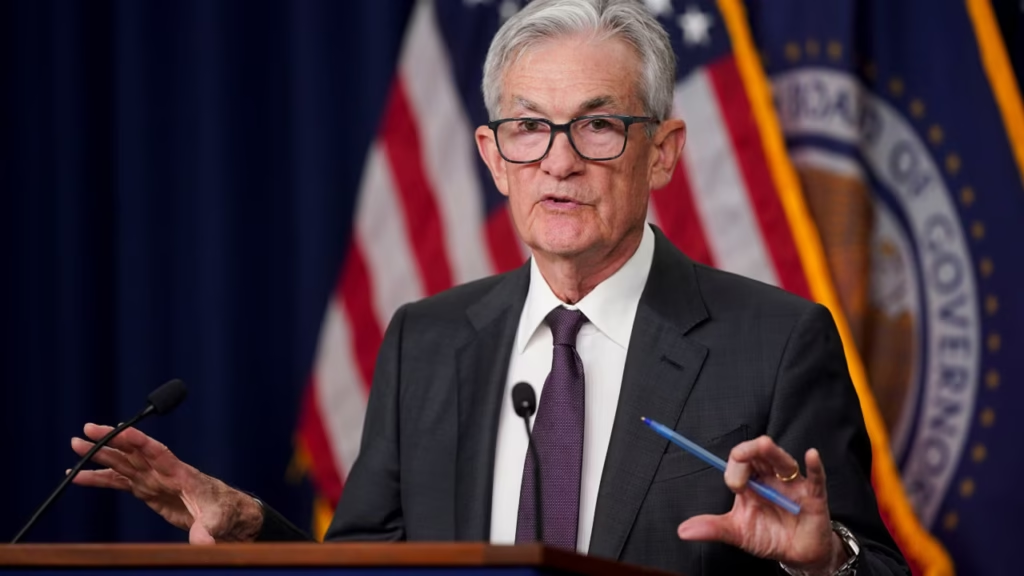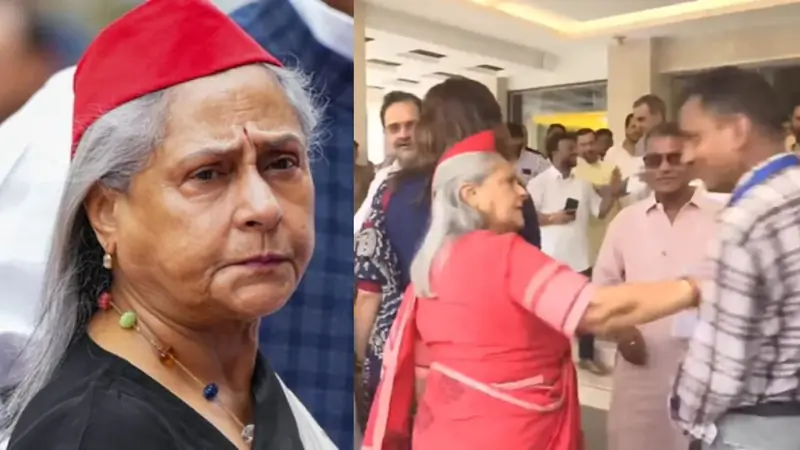Now Reading: Pak Army Chief Targets Jamnagar, SC Upholds EC’s Aadhaar Stance, and Four New Semiconductor Projects Greenlit
-
01
Pak Army Chief Targets Jamnagar, SC Upholds EC’s Aadhaar Stance, and Four New Semiconductor Projects Greenlit
Pak Army Chief Targets Jamnagar, SC Upholds EC’s Aadhaar Stance, and Four New Semiconductor Projects Greenlit

Today’s top headlines cover a wide spectrum—from security threats and voter ID rules to technology and industry policy. Pakistan’s army chief rattled nerves by naming India’s Jamnagar refinery as a potential target. The Supreme Court backed the Election Commission’s view that Aadhaar alone isn’t enough for voter list updates. Meanwhile, the cabinet has approved four major semiconductor projects—a sign of renewed focus on India’s chip ambitions. Here’s what this means for cities and citizens across India, especially in smaller towns.
Security Watch: Refinery Mentioned as Strategic Target
During a recent US visit, Pakistan Army Chief General Asim Munir delivered a sharp warning, suggesting that India’s massive Jamnagar refinery could be a target in a future conflict. The refinery is the world’s largest single-site complex, and the comments have triggered fresh concerns over energy security and regional stability.
Aadhaar’s Limitations Confirmed
In the midst of electoral tensions in Bihar, the Supreme Court agreed with the Election Commission: Aadhaar is not conclusive proof of residence when revising voter rolls. The court noted that ration cards and voter IDs can serve as legitimate evidence—an important clarification in a country where digital IDs are still being debated.
Chip Boom: India’s Semiconductor Push Accelerates
In a bid to bolster domestic technology capabilities, the Union Cabinet approved four new semiconductor manufacturing units. The projects include a compound fabrication facility and an advanced packaging unit. These investments are expected to further India’s ‘Make in India’ goals and boost its role in the global chip supply chain.
What This Means for Smaller Cities
In Tier 2 cities, each of these developments hits close to home. Security threats beyond our borders lead to conversations about local infrastructure protection. Court decisions on IDs stir debates over voting rights and documentation. And chip projects promise jobs and tech awareness far from metro hubs—an encouraging sign for regional growth.
Conclusion
From strategic threats to voter policy and tech investment, today’s headlines touch on safety, democracy, and future-readiness. For India’s smaller towns, these stories aren’t just news—they’re a reminder that national decisions ripple through every corner of the country

























